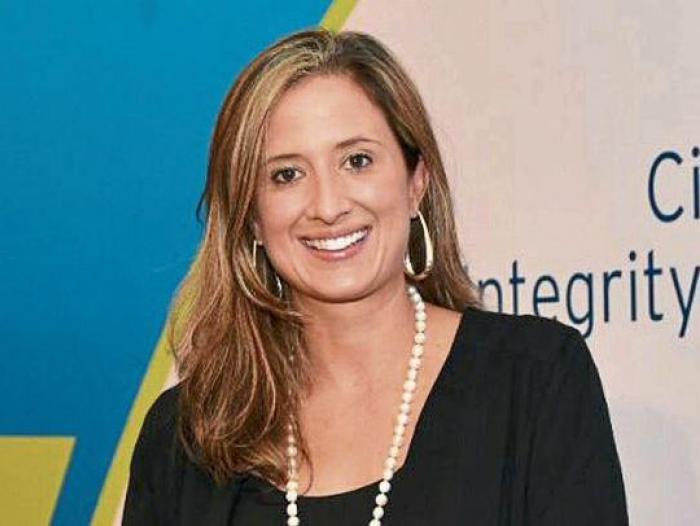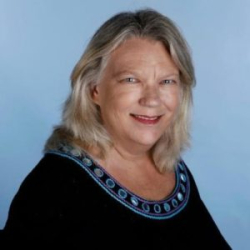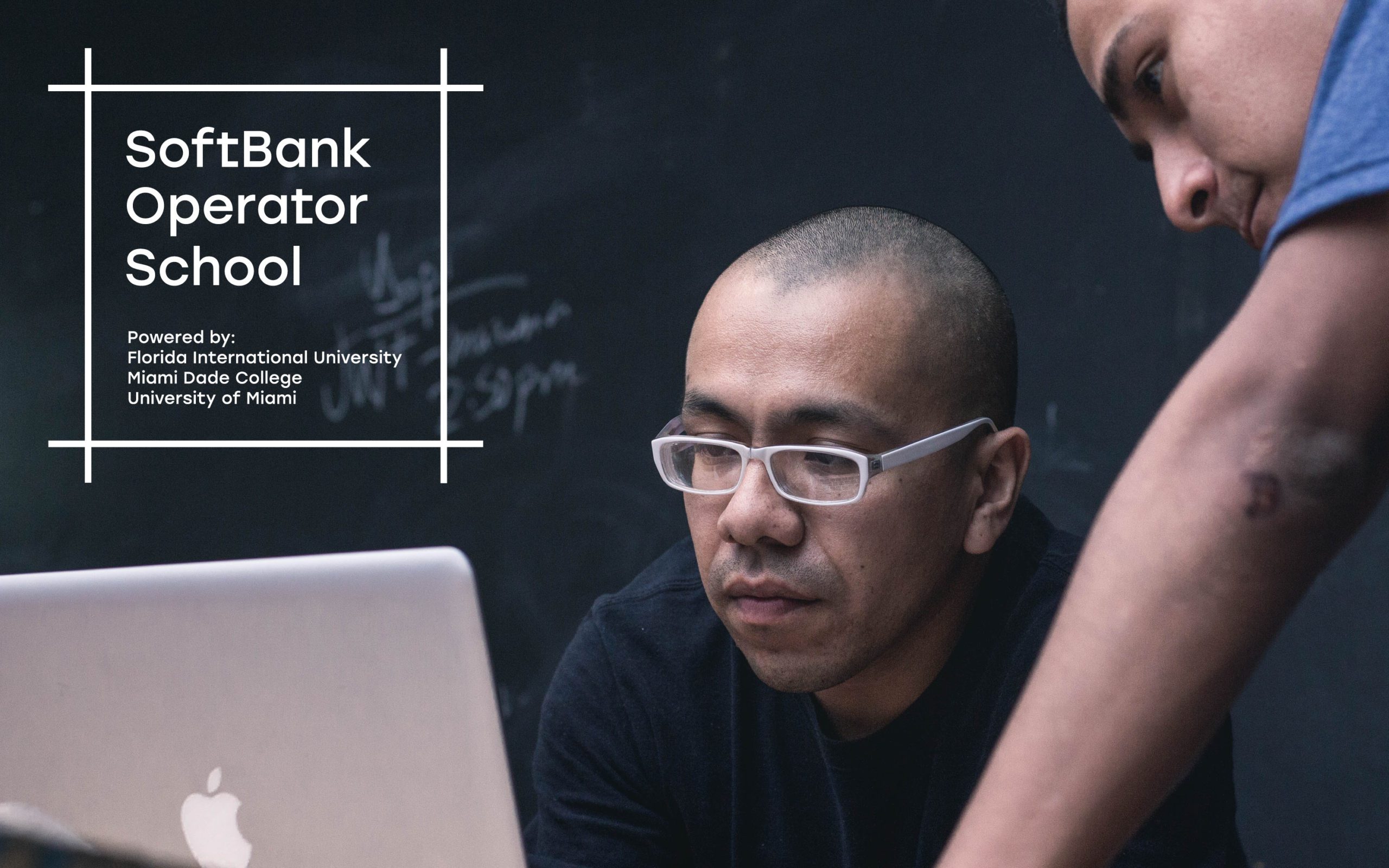Problem: How can we fill the tech talent pipeline with highly trained startup operators and at the same time fight brain drain? SoftBank Group and Florida International University, Miami Dade College and University of Miami have teamed up to bring forward a solution.
For the first time, SoftBank Group and the institutions have joined together to upskill next-generation talent to power Miami’s burgeoning startup ecosystem. In the fall, they will be launching SoftBank Operator School on the three campuses.
The semester-long program will offer for-credit classes and workshops taught by university faculty and an accompanying masterclass series featuring top entrepreneurs in Miami and Latin America, including SoftBank Group International CEO Marcelo Claure, who founded Brightstar in Miami before heading Sprint and joining SoftBank, Shu Nyatta, managing partner of the SoftBank Latin America Fund and SB Opportunity Fund, and Sebastian Mejia, co-founder of one of Latin America’s fastest-growing unicorns.
“SoftBank sees Miami as a future technology hub for the world, and that future starts with education,” said Claure, who has made it no secret that he wants SoftBank to play a major role in Miami’s tech community for years to come. “Our vision is for the SoftBank Operator School to become a training ground for the next generation of talent to become leaders in the most successful technology startups in South Florida and Latin America. We know these regions have talent. Now it’s time they get the training.”

The weekly masterclasses on Thursdays, which will also be free and open to the startup community in Miami and Latin America, will bring tech startups at all stages directly to students. Topics will include Startup Culture, Go-To-Market Strategies, Making Data-Driven Decisions, Building for Scale with AI and Building in Miami. Startup leaders in SoftBank’s portfolios will teach the virtual masterclasses, from the president of Rappi with thousands of employees across Latin America to founders of younger startups with Miami ties such as Lumu’s founder and CEO Ricardo Villadiego, QuickNode co-founder and CTO Auston Bunsen and AllHere founder and CEO Joanna Smith.
In addition to joining the masterclasses, registered students at FIU, MDC, and UM will participate in courses and workshops taught by their school’s faculty with an intentionally designed curriculum, capstone projects in which students solve real challenges at SoftBank portfolio companies, office hours with the SoftBank team, co-working space, and access to potential career opportunities inside SoftBank Group’s portfolio companies.
SoftBank has signaled it is here for the long haul, setting up the base in Miami for its Latin America and Opportunity Funds, expanding quickly, and hiring Ana Paula Gonzalez, formerly of 500 Startups, to help lead its Miami efforts. Earlier this year, SoftBank launched a $100 million initiative to fund Miami area startups and has already invested in Eight Sleep, QuickNode, Lumu, Heru and others. On the talent front, this year SoftBank began a Data Science 4 All program with a goal of upskilling 1,000 people in Miami and Latin America, particularly from underrepresented communities. The first cohort is well underway.
Laura Gaviria Halaby, Head of Partnerships and Strategic Initiatives at SoftBank Group International, said the SoftBank Operator School curriculum and the entire program was a collaborative effort. While working with the schools, she said, the schools conveyed what students needed was a better understanding of the world of entrepreneurship and the startup career pathways. At the same time, SoftBank’s portfolio companies in the region shared what they need to grow in terms of the skill sets of their talent, she said.

“We’re super proud to have built a curriculum that is practical and designed in combination with the universities and with the entrepreneurs and with us as operators. We’re hoping it helps teach this new generation of potential entrepreneurs and operators how to be part of the ecosystem,” Halaby said in an interview. “Hopefully it will inspire a lot of people to be part of a company that has the potential to transform the way we live.”
FIU’s program is the largest, as it will have one class for undergraduates in the Honors College and one for graduate students. Both programs will be taught by instructors with startup experience. Professor Bob Hacker, director of StartUP FIU, will teach the graduate course, and Daniela Cadena, an FIU faculty fellow and a StartUP FIU leader, will teach the undergrads. The school is aiming for each class to have about 20 students, but will adjust those numbers if it benefits the mix of the course, FIU officials said.
The SoftBank vision of Miami as a hub for tech and business operations for the Americas is a vision the schools align with, said FIU Senior Vice President for Academic and Student Affairs Elizabeth M. Bejar, in an interview. “We’re excited because we have talent and instead of being an exporter of talent, if you will, to Silicon Valley or to the 128 corridor outside of Boston, we can retain our talent here in Florida and they can contribute to our growth and to our development.”
She said FIU students could potentially work on real-world project together with students from UM and MDC as well as with startup leaders in the Miami community. “This process has been so iterative and it’s not just the educational system responding to industry or industry responding to the educational system. We’ve really built this together, we’ve heard each other in different ways and I think the outcome will be the benefit of that,” Bejar said.
Miami Dade College will offer an undergraduate class of about 20 students that will involve its Idea Center and University of Miami will teach a graduate class of about the same number, with an eye to helping its students not only become startup operators but investors. The idea is to keep the classes small and personal.
“It takes a collective effort to grow and innovate South Florida’s tech ecosystem,” said MDC President Madeline Pumariega, in a statement. “We are thrilled to partner with SoftBank and our local educational partners to continue expanding opportunities and equip students with the skills to be successful startup operators and build the next generation of tech leaders to fuel our workforce.”
Said UM President Julio Frenk: “We look forward to partnering with SoftBank to help grow Miami’s pool of innovative talent. University of Miami graduate students will gain experience through our Cane Angel Network both investing in and working for world-class startups from SoftBank’s portfolio of companies.”
Registration information for FIU, MDC, UM and the general public can be found at www.softbankmiami.com/softbank-operator-school.
Follow @ndahlberg on Twitter and email her at [email protected]
READ MORE ON REFRESH:
BOOM! SoftBank makes $100M commitment to invest in Miami startups
Miami Dade College, SoftBank team up to offer a path to prosperity in data science
Ana Paula Gonzalez to head SoftBank’s Miami initiative
SoftBank offers a data science program for underrepresented communities





